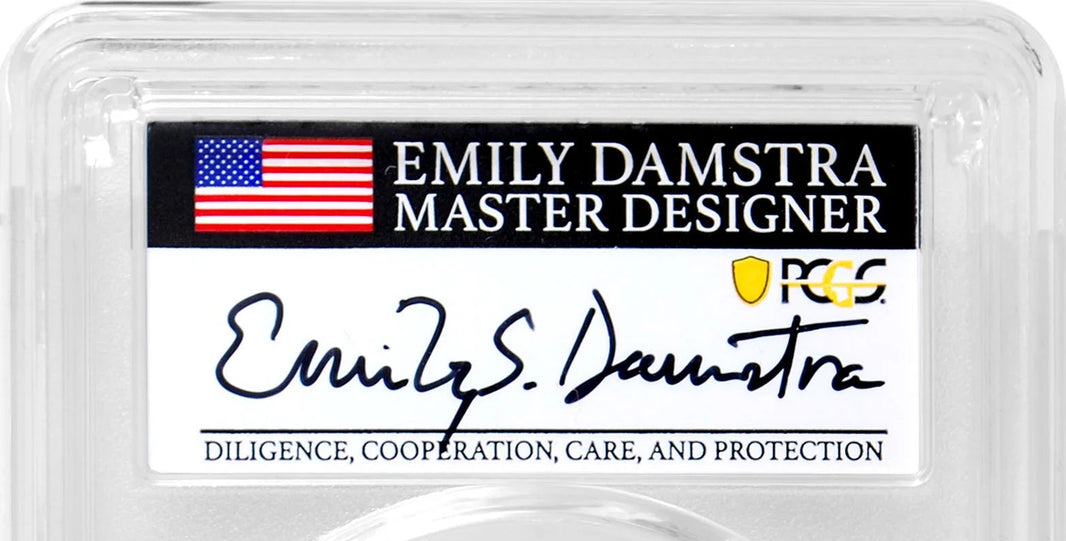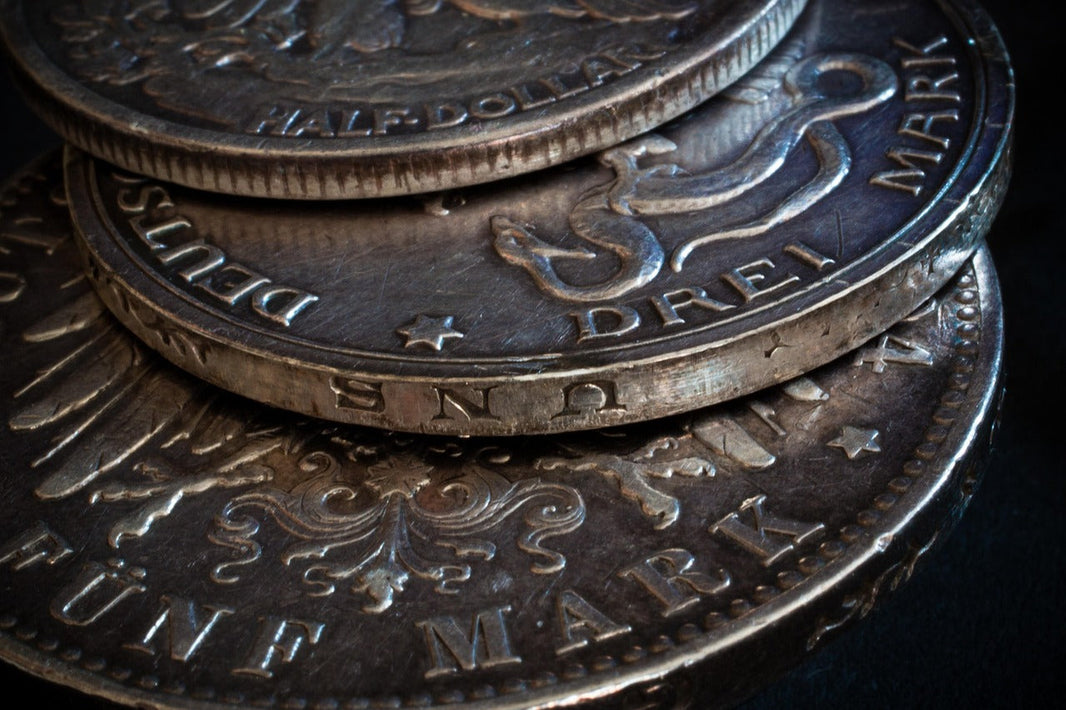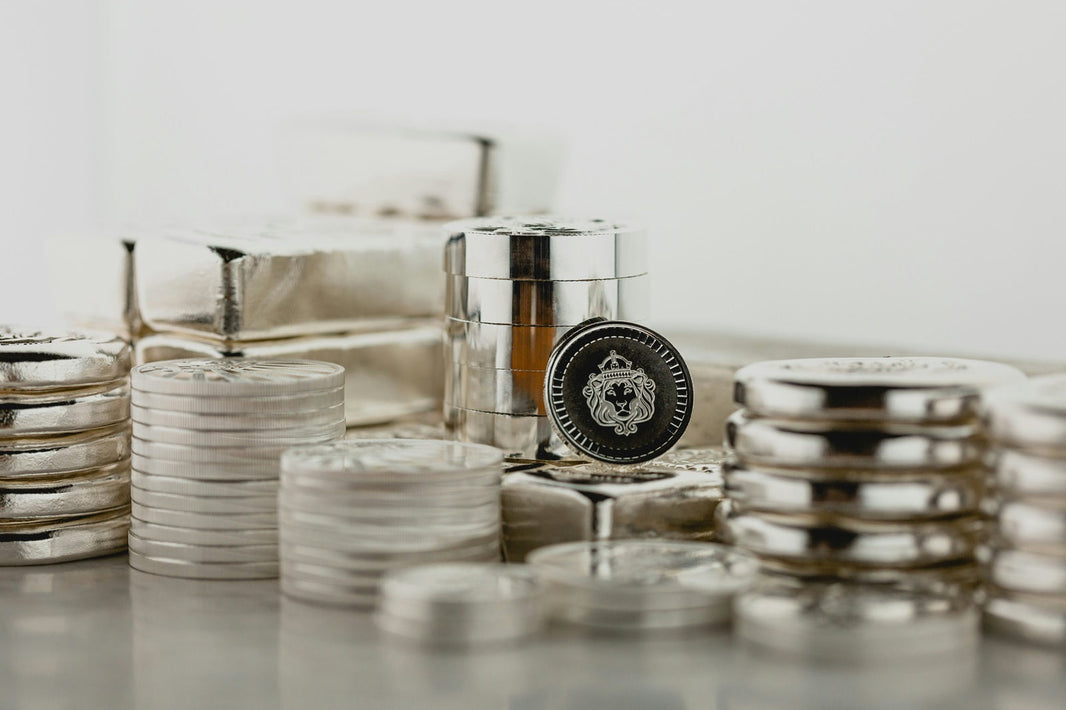Silver has been valued for centuries as both a precious metal and a form of currency. Today, it continues to attract the interest of investors, collectors, and those who appreciate its intrinsic value. Whether you're considering silver as an investment or simply intrigued by the idea of owning physical precious metals, understanding the legal aspects of silver ownership is crucial. In this article, we will explore how much silver you can legally own, the relevant laws, and practical considerations for silver storage and ownership.
Legal Framework for Silver Ownership
1. Federal Laws Governing Precious Metals
In the United States, silver ownership is generally unregulated at the federal level. Unlike other commodities such as firearms or certain chemicals, there are no specific federal laws that limit the amount of silver you can legally possess. The freedom to buy, sell, and hold silver is a reflection of its status as a private property. However, this does not mean that silver transactions are entirely free from oversight.
2. State Regulations on Silver Ownership
While federal law imposes no restrictions on silver ownership, individual states may have their own regulations. These laws typically relate to the sale, purchase, and taxation of silver rather than possession. For example, some states impose sales taxes on the purchase of silver, while others offer exemptions for bullion or collectible coins. It's important to familiarize yourself with your state's regulations to ensure compliance when buying or selling silver.
For example: In Texas, the purchase of precious metals like silver is exempt from state sales tax as long as the transaction is above $1,000. However, in states like California, there is a sales tax exemption for precious metal purchases over $1,500.
Understanding Limits on Silver Ownership
- No Federal Limit on Silver Ownership
One of the most significant aspects of silver ownership is that there is no federal limit on how much you can own. Whether you have a few ounces or several tons, the law allows you to own as much silver as you wish. This makes silver a particularly attractive investment for those looking to diversify their portfolios with tangible assets. However, with large quantities of silver, other considerations come into play, such as storage and security.
- Reporting Requirements for Large Transactions
If you purchase or sell silver for cash in a transaction that exceeds $10,000, the financial institution or dealer involved may be required to file a Form 8300 with the IRS (IRS Form 8300 reference guide).

While there is no cap on silver ownership, certain transactions involving silver may trigger reporting requirements. Under the Bank Secrecy Act, financial institutions must report any cash transactions over $10,000. This includes purchases of silver with cash, which could be subject to scrutiny under anti-money laundering laws. Additionally, if you sell a significant amount of silver and receive a large sum in return, you may need to report this to the IRS as part of your income.
- International Travel with Silver
If you plan to travel internationally with silver, be aware that you may need to declare it at customs. The U.S. Customs and Border Protection (CBP) requires travelers to report any monetary instruments valued over $10,000, which can include silver coins or bullion. Failing to declare your silver when crossing borders could lead to fines or confiscation.
Storing Your Silver: Legal and Practical Considerations
Home Storage of Silver: Storing silver at home is a common practice, especially for those who own smaller amounts. Home storage allows for easy access and avoids the costs associated with third-party storage services. However, if you choose to store your silver at home, it's important to consider security measures. A safe or secure storage room is recommended to protect your investment from theft.
Private Vaults and Safety Deposit Boxes: For those with larger quantities of silver, or who prefer not to keep valuable metals at home, private vaults and safety deposit boxes are viable options. These services offer secure, insured storage and often include additional protections such as armed security or climate control. When using a third-party service, it's important to understand the terms of the storage agreement, including any insurance coverage and the procedures for accessing your silver.
Insurance and Security Concerns: Regardless of where you store your silver, insurance is a key consideration. Homeowner's insurance policies often provide limited coverage for precious metals, so you may need to purchase additional coverage. When selecting an insurance policy, ensure it covers the full value of your silver and consider the specific risks associated with its storage location.
Silver Ownership for Investors and Collectors
Tax Implications of Owning Silver. Silver ownership can have tax implications, particularly if you sell your silver at a profit. In the United States, silver is considered a collectible for tax purposes, and profits from the sale of silver are subject to capital gains tax. The tax rate on collectibles is generally higher than the rate for other investments, so it's important to plan accordingly when buying and selling silver.
Differentiating Between Investment Silver and Collectible Silver. Not all silver is created equal when it comes to taxation and ownership. Investment silver typically refers to bullion, bars, or coins purchased for their metal content. Collectible silver, on the other hand, may include rare coins, historic pieces, or silver objects with artistic value. The distinction between investment and collectible silver can affect both the market value of the items and the tax treatment of any gains.
Selling Silver, Legal Considerations: When it comes time to sell your silver, there are several legal considerations to keep in mind. First, ensure that any transactions are conducted with reputable dealers or buyers. Fraud and counterfeit concerns are real issues in the precious metals market. Additionally, if you are selling large amounts of silver, be aware of any reporting requirements and potential tax liabilities.

Silver Ownership (Final Thoughts)
Owning silver offers numerous benefits, from portfolio diversification to the satisfaction of holding a tangible asset. With no federal limits on how much silver you can own, the opportunity to accumulate wealth in this form is significant. However, legal and practical considerations, such as storage, security, and taxation, play an important role in successful silver ownership. By understanding these aspects, you can confidently navigate the world of silver and maximize the benefits of your investment.








